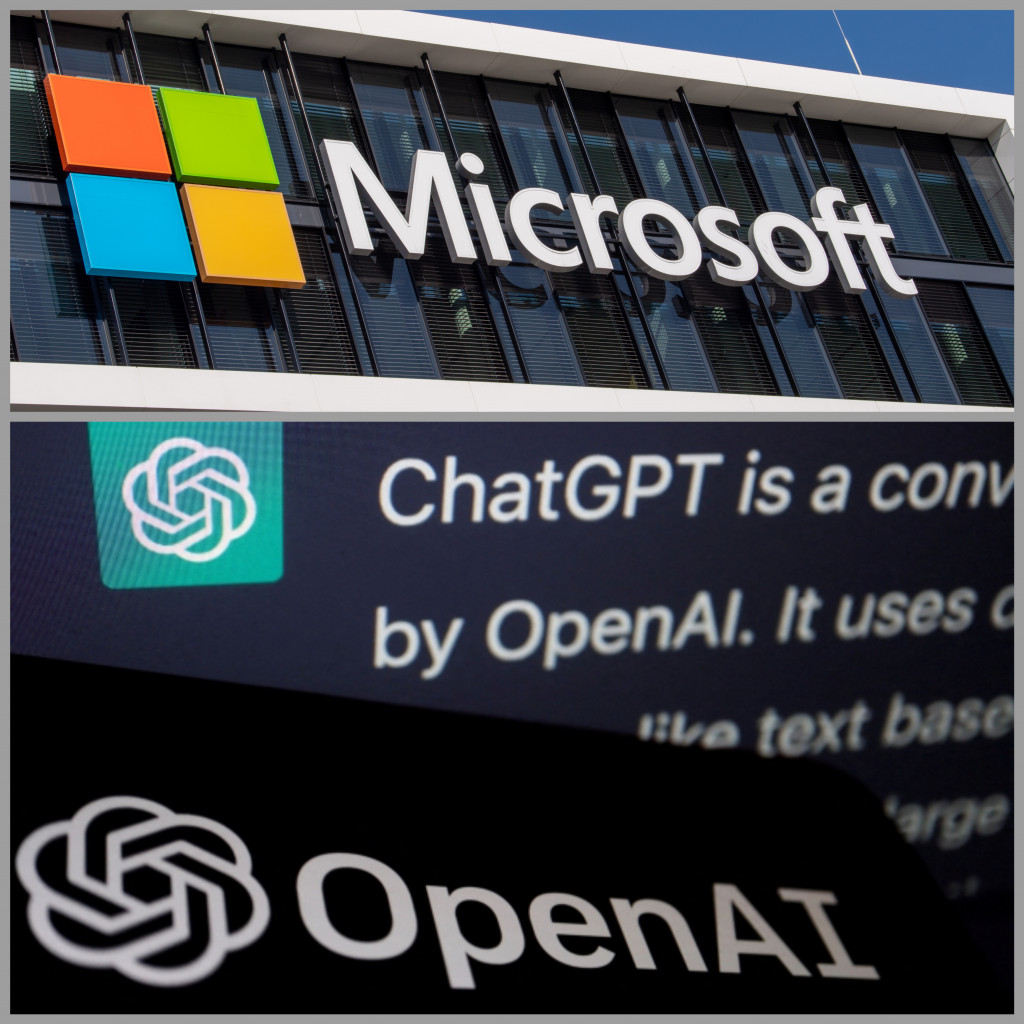(Source from Reuters/Alamy)
Helion Energy, a fusion startup invested by Ultman, has signed an electricity supply contract with Microsoft. According to the contract, Helion will have to supply at least 50 MW (megawatt) of electricity to MS every year through fusion power generation from 2028.If Helion fails to comply with the contract, it must pay a penalty to MS. It is known that this is the first time that a contract for supplying electricity through nuclear fusion power has been signed. The WSJ pointed out that considering that mankind has not been able to produce electricity due to nuclear fusion power so far, the contents of such a contract are quite bold.Nuclear fusion power generation is a technology that creates energy by artificially causing reactions similar to nuclear fusion occurring in the sun on Earth. If such technology is commercialized, it is expected that electricity can be obtained virtually unlimitedly without emitting greenhouse gases or pollutants.However, many countries around the world, including the United States, have been investing astronomical research funds for decades since the 1950s, but nuclear fusion power generation has not been realized due to technical difficulties. Experts are expressing the view that commercializing fusion power will require at least decades of further research.Against this backdrop, Helion said it would commercialize nuclear fusion technology in just five years. For now, Helion plans to build a sample facility to demonstrate nuclear fusion power generation by next year. “The goal is to provide very cheap power to the world,” said Altman, CEO of Helion, who invested $375 million.CEO Altman explained that while running OpenAI, he visits Helion once a month to help with research progress and development. Microsoft, which has installed OpenAI’s Chat GPT in its products such as search engines and clouds, has maintained its partnership with Altman in the field of nuclear fusion power generation. Microsoft Vice Chairman Brad Smith said, “We would not have signed this contract without confidence that the development of nuclear fusion technology will accelerate,” adding, “We are optimistic about the commercialization of nuclear fusion.”
TED PARK
Asia Journal


